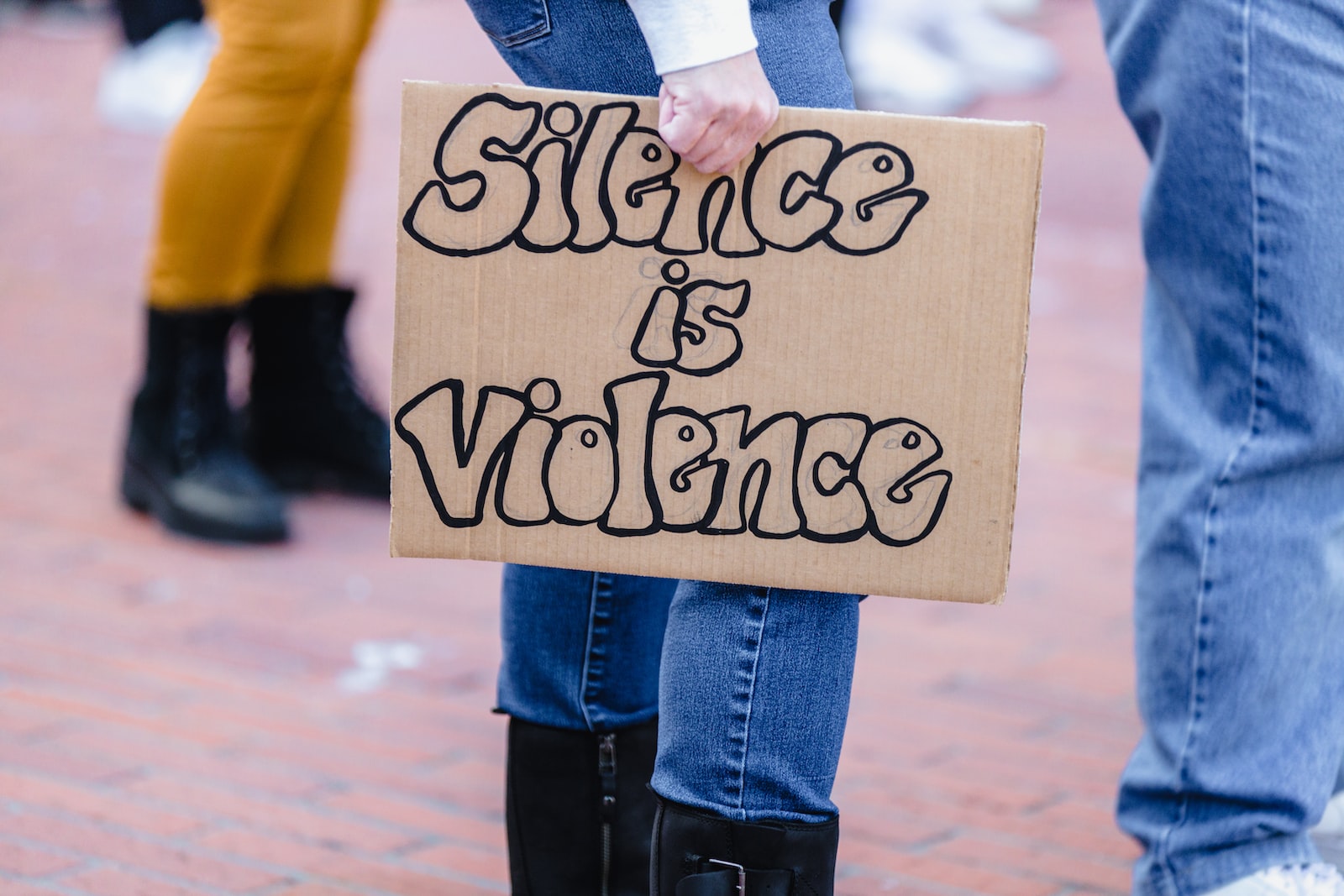Violence at home ‘funnels’ children into crime, report finds
A new report from Queensland displays children who experience violence at home, have limited access to external support, meaning they are more likely to become involved with crime as they grow older.
Titled ‘You can’t pour from an empty cup’, the report was led by First Nations teams in eight regional and remote Queensland Communities. It exposed that current disciplinary systems, create additional trauma and harm for young people, resulting in adverse lifelong consequences.
Published today, the report has come about amid a heightened debate about youth crime in Queensland – the states Deputy Prime Minister, Steven Miles, has been accused of engaging in a ‘disgraceful’ breach of the separation of powers for claiming the safety of residents was being ‘held to ransom by rogue courts and rogue justices’.
The report outlines how unsafe home environments and a lack of safe places to go to escape family violence, creates conditions in which young people become entangled in the justice system.
In 2022, Australian women were left with the harrowing decision to choose between living in violent home conditions or endure financial insecurity. For the first time, data became available on domestic violence amongst single mothers in Australia – 275,000 women reported experiencing violence with a partner and 90,000 of them claimed they wanted to escape but were unable to do so. 25% cited this as having a lack of financial support.
A joint project by Queensland’s Aboriginal and Torres Strait Islander Child Protection Peak, Australia’s National Research Organisation for Women’s Safety and the Australian Catholic university, the report says: ‘The lack of safe places outside the home to escape domestic and family violence (DFV), places where children and young people have a sense of belonging and safe role models, was also seen to funnel them into risk-taking and criminal behaviour.
‘This lack of safe options to escape to when DFV erupts at home is having lifelong impacts, particularly for the large number of children who [according to a community worker] ‘start to take crooked pathways … look for the wrong crowd’ and enter juvenile justice as a result.
‘This is exacerbated by the lack of early intervention and healing supports easily accessible in community for children and young people who experience DFV.’
In addition to the report highlighting that there needs to be better options of outside help for children living in domestic households, these concerns have been raised whilst the state government have decided to begin criminally charging children for breeching bail conditions. Advocates have said many of these children are now being forced to choose between complying with court-ordered conditions or being safe.
Last week, representatives from the state’s Department of Justice and Attorney-General told the public at a hearing that the proposed changes to bail laws would mean children breaching curfews would be committing an offence.
Queensland Police Minister, Mark Ryan, announced the government’s new youth bail ban – calling it an ‘intensive supervision’ programme which involves the police completing home checks and patrols.
The new law is currently waiting to be passed ad comes under section 29 of the Bail Act.
According to research completed in 2022, over 2,000 children aged between zero to nine in Australia fell victim to sexual assault – with 8,404 aged between zero to 14.
Photo by Jason Leung and Zach Vessels and Ethan Wilkinson

















